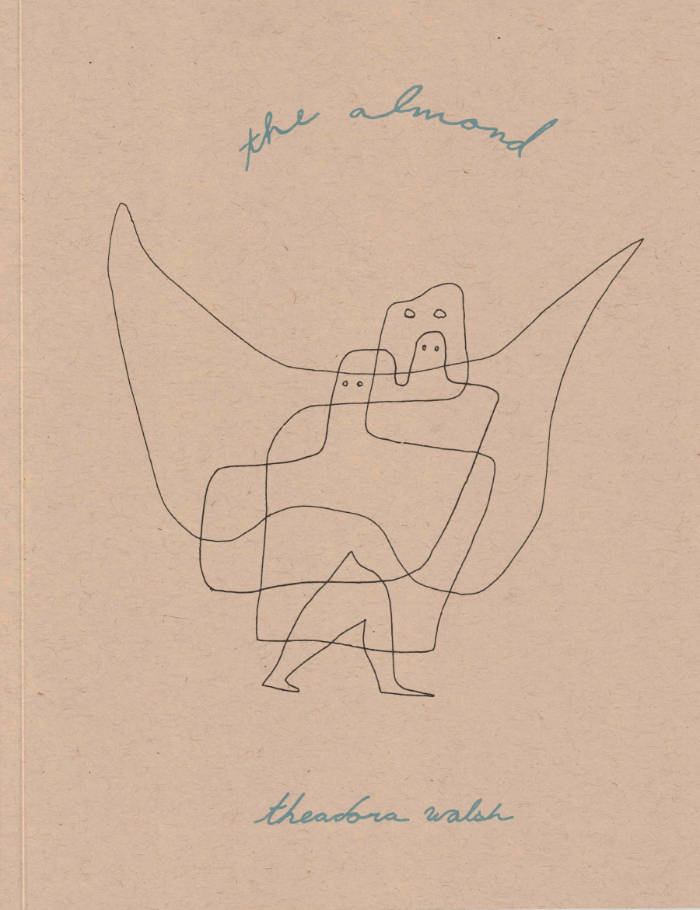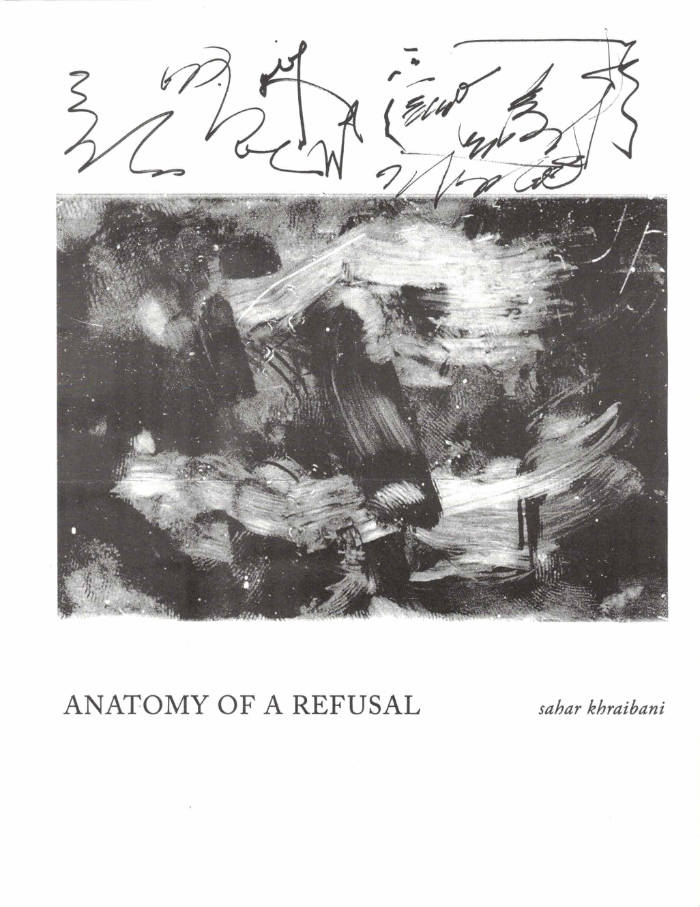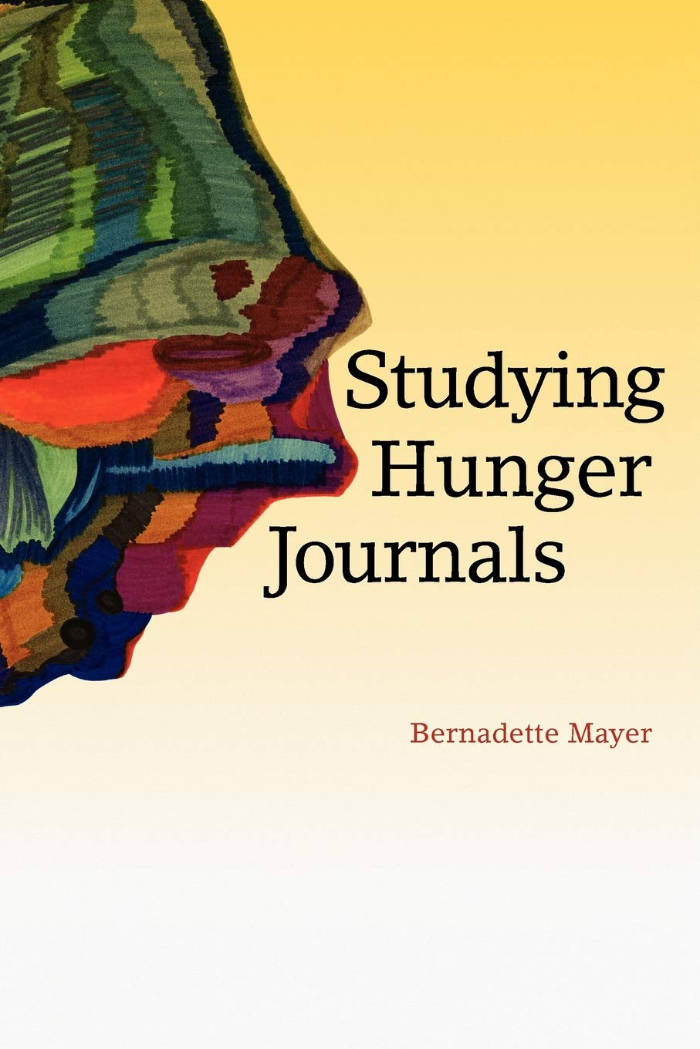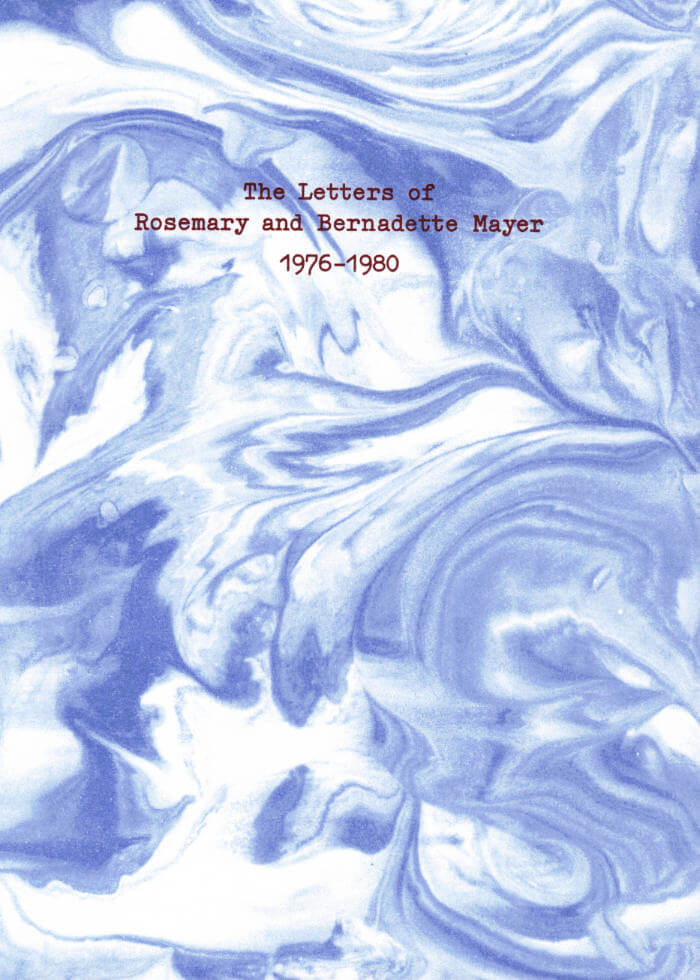
Oh You Nameless And New-Named Ridges
Bernadette Mayer, Lee Ann Brown
Poets Lee Ann Brown and Bernadette Mayer, old friends, began a specific correspondence in early 2020 with the intention of editing them into a book. The poems, letters, letter-poems, pletters, cover the first songbirds of spring, works and advice from friends, art, lists from the messy old internet, the possibility of seeing one another again, some day. Bernadette passed away on November 22, 2022, 3 weeks before this book was completed and bound. Throughout the text Lee Ann and Bernadette merge two distinct and unique voices in both a poetic, loving and humorous sharing. In a letter from Bernadette to Lee Ann she writes: “I imagine the voice to be/ yrs/ Because it is/not/mine.”







